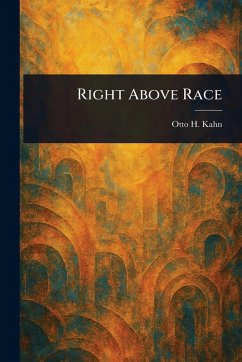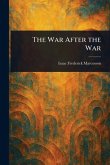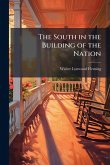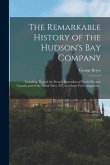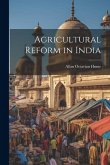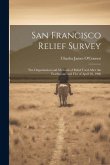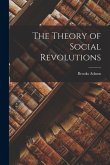Otto Hermann Kahn's "Right Above Race" explores the complex questions of loyalty, patriotism, and Americanization during the tumultuous years of World War I. As the United States grappled with its role on the world stage, the nation also faced internal divisions regarding immigration and national identity. This historical work examines the challenges and anxieties surrounding these crucial issues, particularly as they relate to German-Americans and the pressures of wartime nationalism. Kahn delves into the debates surrounding allegiance, urging readers to consider the nuances of national identity in a nation built by immigrants. He argues for a vision of Americanism that transcends ethnic origins while upholding the values of unity and shared purpose. "Right Above Race" remains a relevant and thought-provoking examination of America's ongoing struggle to balance its ideals of inclusivity with the demands of national security and social cohesion, offering valuable insights into a pivotal period in American history. A meticulously prepared print republication. This work has been selected by scholars as being culturally important, and is part of the knowledge base of civilization as we know it. This work is in the public domain in the United States of America, and possibly other nations. Within the United States, you may freely copy and distribute this work, as no entity (individual or corporate) has a copyright on the body of the work. Scholars believe, and we concur, that this work is important enough to be preserved, reproduced, and made generally available to the public. We appreciate your support of the preservation process, and thank you for being an important part of keeping this knowledge alive and relevant.
Bitte wählen Sie Ihr Anliegen aus.
Rechnungen
Retourenschein anfordern
Bestellstatus
Storno

